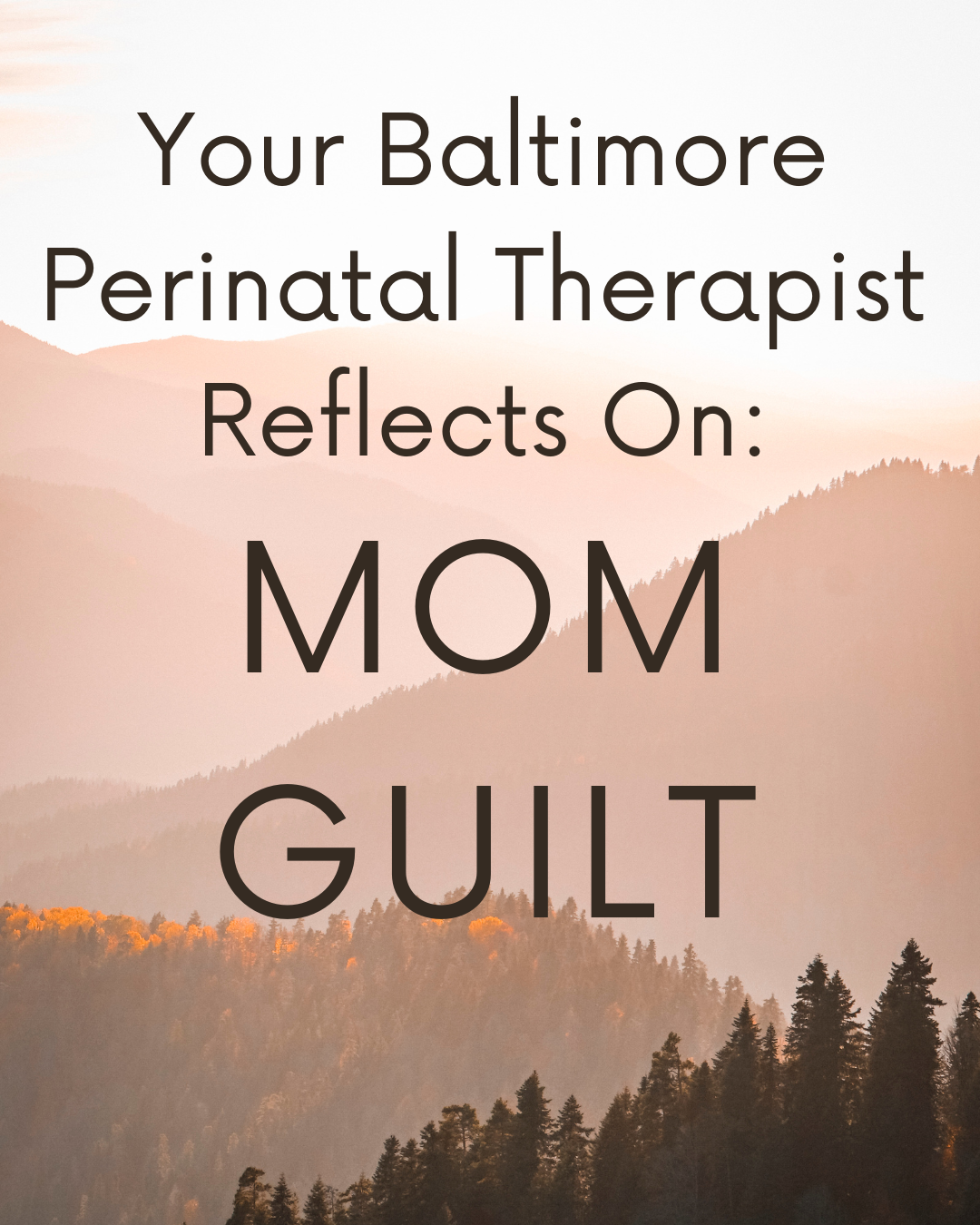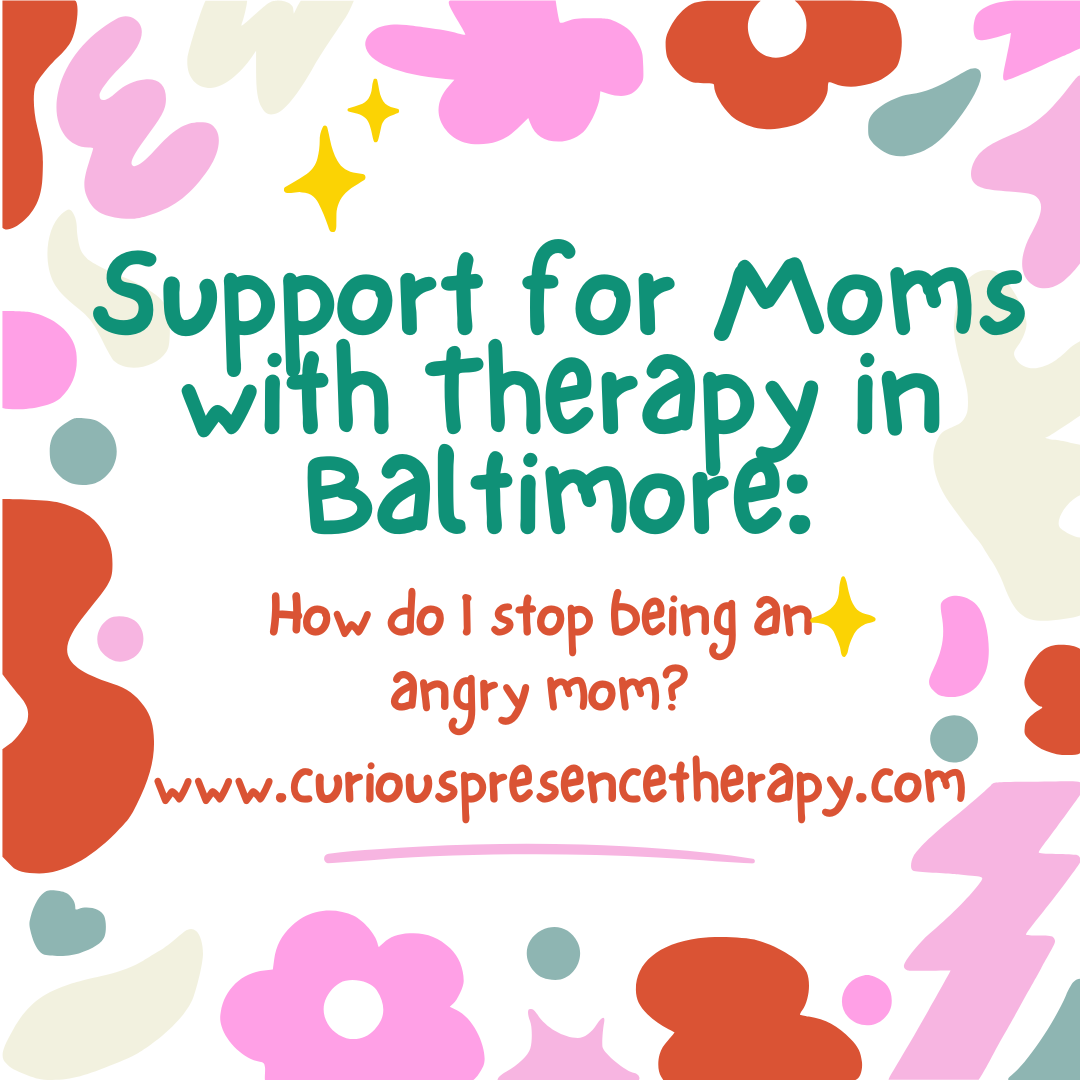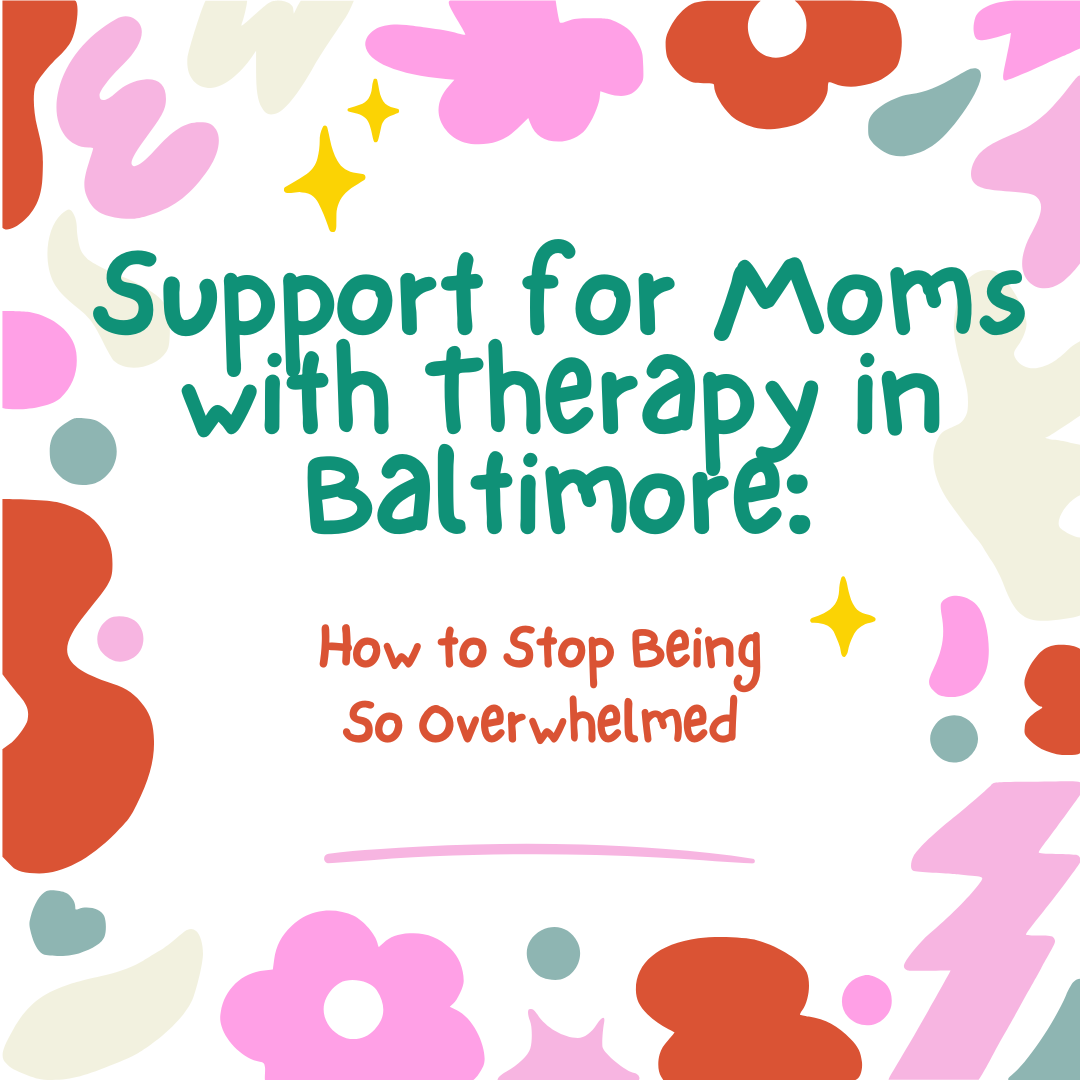
Mom Guilt: When Motherhood Is Measured and You Come Up Short
I am a Maryland LCPC and owner of the Baltimore-based private practice, Curious Presence, LLC. I am a Certified Brainspotting and Perinatal Mental Health (PMH-C) psychotherapist specializing in attachment-focused trauma therapy.
My work frequently involves treating birth trauma, loss, perinatal anxiety and mood issues, toxic relationship patterns, burnout and addiction/ unwanted behaviors. I often work with survivors of sexual violence, IPV and complex trauma as they navigate new parenthood. I am particularly interested in supporting those experiencing a chronic sense of being overwhelmed yet bored or dissatisfied with the complexities of parenthood. In my practice, I use Brainspotting and a nervous system-based parts work frame to process trauma and shift problematic stress responses.
I'm passionate about caring for those navigating the complexity of this season of life and the depth it brings to the human experience. I believe this work deeply benefits the greater family system and the community as a whole.
If you would like to chat further, please feel free to schedule a time on my calendar:

How Do I Stop Being an Angry Mom?
Anger is a valid, human emotion—but far too often, we’re taught to fear it, suppress it, or feel ashamed of it. Many of us grew up in environments where expressing anger felt unsafe or unacceptable.
Maybe when you showed anger as a kid, you were dismissed, punished, or made to feel “too much.”
So, instead of learning to understand anger, we learn to distrust it.
But here’s what no one told us:
Anger is rarely the root issue.

What Does Mom Burnout Look Like?
Mom burnout is real—and it’s more than just “being tired.” It’s a state of deep emotional, physical, and mental exhaustion that builds slowly and then, all at once, feels impossible to climb out of. It often goes unrecognized because it gets normalized—brushed off as “just part of being a mom.”
I’m pushing back against the messaging that tells women to keep sacrificing themselves for the good of everyone else. This idea—that a mother’s worth is measured by how much she gives up—is not only outdated, it’s harmful. It’s a carryover from generations where women were expected to stay silent, suppress their needs, submit and accept exhaustion as a fact of life.
And while the world has changed in many ways, that message hasn’t. It just got quieter, more polished, wrapped in language about being selfless, strong, or “doing it all.” But the outcome is the same: women burning out, isolated, and feeling like they’re failing when they’re actually just being asked to do the impossible.

How to Stop Being So Overwhelmed
I’m Anna, I’m a trauma therapist and I’ve spent the last decade working with women—many of whom became mothers over the course of our time together. And while we’re sold a version of motherhood that promises peace, purpose, joy, and serenity, the reality often looks very different.
What I’ve seen instead are women who are deeply burnt out, under-resourced, grappling with isolation, a loss of identity, and the slow erosion of their closest relationships. Even when everything goes “according to plan,” the journey into motherhood is rarely simple. For many modern women, it’s a complicated, often overwhelming path—and one they’re expected to walk without enough support.
In this series, I want to speak to some of the most commonly searched questions—the ones people share they are googling late at night or asking chat gpt, and the same ones new clients bring into our first sessions. I’ll be reflecting on what I see in my practice, what I’ve learned from the mothers I deeply respect and care about, and offering support—along with a possible path toward getting the care you deserve and making meaningful shifts in your experience.

How to Tell if Therapy is Working for You
As a trauma therapist in Baltimore specializing in Brainspotting, EMDR, and Parts Work/IFS, I understand that starting therapy can feel overwhelming, especially when you're unsure about the progress you're making. The following is intended to help you understand what effective trauma therapy feels like, and how you can gauge your progress throughout your healing journey.
Whether you’re new to trauma therapy or have been in treatment for a while, it’s important to know what to look for to feel reassured about your progress - which sometimes can feel hard to measure in therapy.

Top 10 Myths About Trauma Therapy
I am a Maryland based LCPC and Perinatal Mental Health-Certified psychotherapist. At my foundation, I’m a trauma therapist trained in Parts Work/IFS, Brainspotting and EMDR and I’d like to help you understand what to expect from trauma therapy in Baltimore.

Therapy versus Trauma Therapy
As a trauma therapist in Baltimore, I specialize in Brainspotting, EMDR, and Parts Work/ IFS.. This blog aims to clarify the key differences between general therapy and trauma therapy. If you’re looking to better understand these distinctions, you’re taking the first step toward making an informed decision about your healing journey.

Questions to Ask During Your Therapy Consultation in Baltimore
It's challenging to reach out when you’re struggling and can be especially difficult to imagine sharing with a stranger.
I recognize how hard it can be to mobilize your energy, do research and schedule a consultation. It’s important to make the most of these efforts and help you be effective during your consultation for therapy.

Starting Your Search for a Provider
As a therapist in Baltimore, people often ask me how to find a therapist. They share about their experiences with therapy in the past, they wonder about a certain modality and if it will make the difference for them.

Deciding between a Therapist, Counselor or Coach
It can be difficult enough to know you're struggling and be finally willing to seek the help of therapy.
In the following post, I share a bit more information to differentiate between mental health providers I ultimately hope that this helps you determine who is going to best meet your needs for therapy in Baltimore.
Therapists or counselors can often be interchangeable terms and provide similar services. They are both considered mental health professionals.
